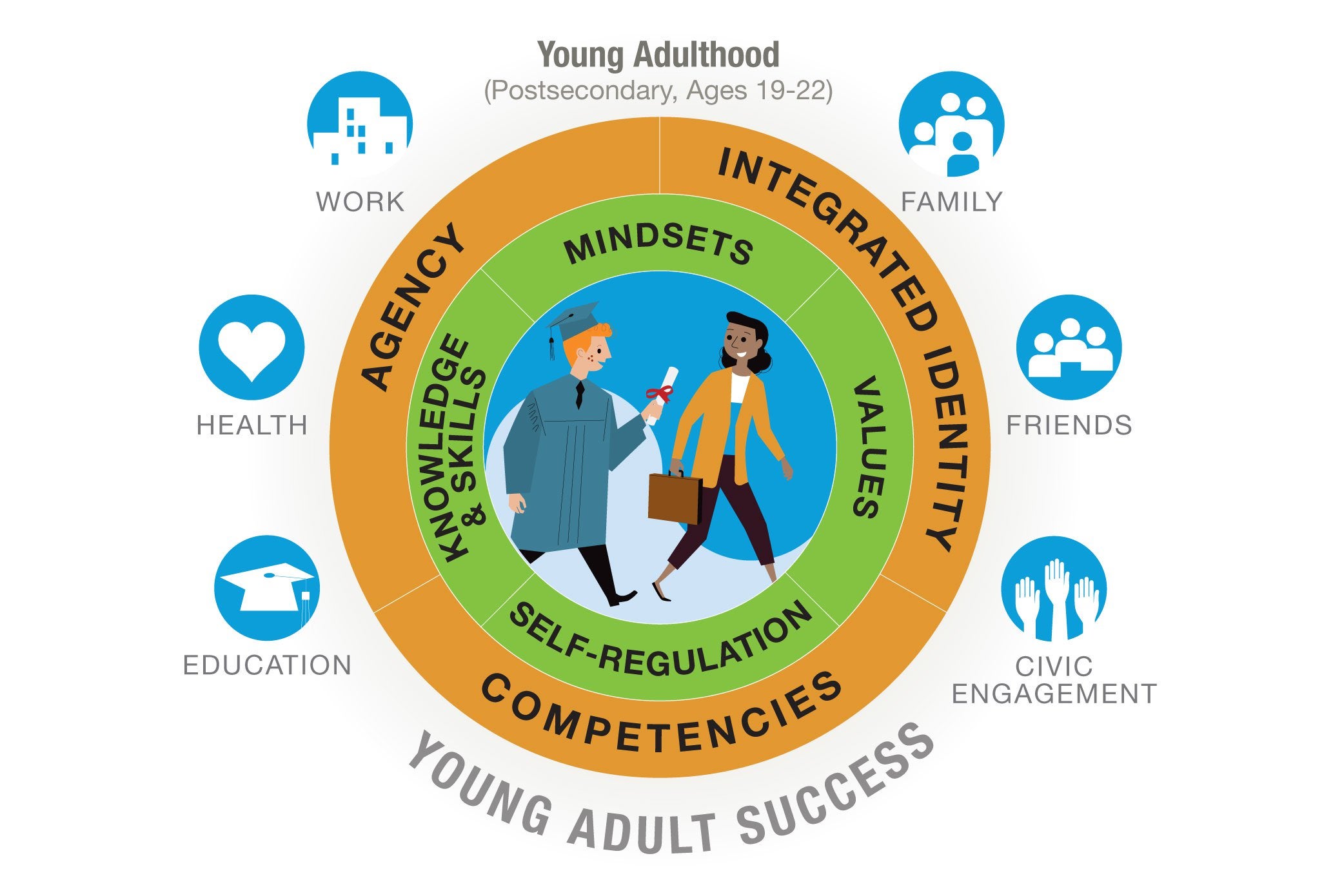What’s in a name? In the fields of education and youth development, the name we give an emerging idea can cause confusion or controversy and even make a difference in whether it is embraced or rejected.
Nowhere is this more apparent than in the way we talk about learning that does not fall into the category of traditional academics. Interest in helping young people manage their emotions, build positive relationships and navigate social situations has been growing in recent years. But the discourse surrounding this work is rife with vague and competing terminology—from the colloquial (“character,” “grit”) to the clinical (“non-cognitive skills,” “growth mindset”).
That’s why this nprEd article by Anya Kamenetz is so valuable. As an education journalist, Kamenetz was bothered by the proliferation of jargon on this topic. So she created a glossary, updated in summer 2017, to help non-wonks sort through it all.
This caught our eye at Wallace because we had taken on a similar project. In 2016, in preparation for a new initiative, we commissioned Edge Research, a Virginia-based market research firm, to look at more than 40 terms and report back on what they meant, how often they were used and how effective they were in motivating parents, educators and policymakers.
Edge conducted in-depth interviews with 45 leaders in education and afterschool, an online survey of another 1,600 professionals, and focus groups with parents. Like Kamenetz, they concluded there is no “silver bullet” term that works for everyone and in all contexts. They did, however, find that the term “social and emotional learning,” while not without its pitfalls, was familiar and clear to practitioners and policymakers in both K-12 and afterschool and accessible to parents once it was explained.
That is, in part, why we decided to name our new initiative Partnerships for Social and Emotional Learning.

Martin West of the Harvard Graduate School of Education tells Kamenetz that the “semantic debate” may already have been settled in favor of “social and emotional learning” and its variants, “but more from exhaustion than from progress toward consensus.” We at Wallace have found working with Edge on this knotty naming problem more invigorating than exhausting, and we hope the results will help researchers, philanthropic organizations, policymakers and practitioners.
We also recognize that, when discussing the well-being of our young people, a “one-size-fits-all” approach is not the way to go. Each community has different needs and different sensitivities. References to “character” make some people cheer and others suspicious. Associating the word “emotional” with the word “learning” may provoke eye rolls in some places and applause in others.
It’s important to respect these differences. If we want our children to learn to relate to others in a positive and skillful way, it starts with us.




